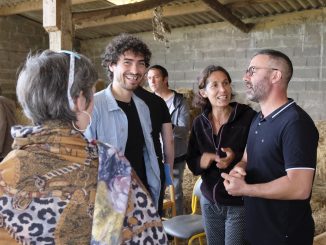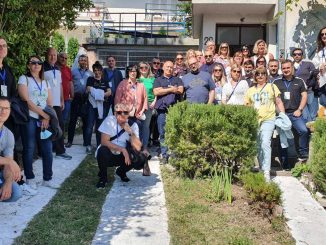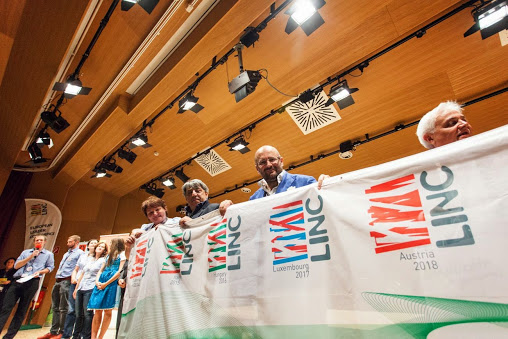
Background
LEADER is a beacon of European Rural Development and an integral part of Pillar 2 of the Common Agricultural Policy -CAP.
Created in 1991 as a pilot Community Initiative, it has been integrated into mainstream rural development and the EAFRD since 2007.
In this guest feature by Robert Lukesch we see how the participants in the LEADER network have organised for their own European level conference. This event has showcased many great examples of what LEADER does, as well as the initiative, commitment and resourcefulness of those active in the LEADER network to really work together to help rural spaces develop.
The LEADER method can be described as the combined and integrated application of seven operational principles:
- An area-based approach to local and regional development;
- The bottom-up planning and implementation of local development strategies;
- The local partnership as the main decision maker and hub of local development support;
- The multi-sectoral integration of projects and people;
- Experimenting and consolidating innovation in terms of products, processes and organization;
- Networking as the main instrument of learning at local, regional and global scales;
- Territorial cooperation between rural areas within member states, the EU and even beyond, to join forces and to share experiences, in a spirit of openness and solidarity.
The Emergence of LINC
During the past period (2007-13), the European contact point has refrained from organising thematic conferences in LEADER areas at European level. This was felt as a loss by many local actors. Therefore some among them decided to take on the responsibility to organize European gatherings of LAGs based on an innovative format.
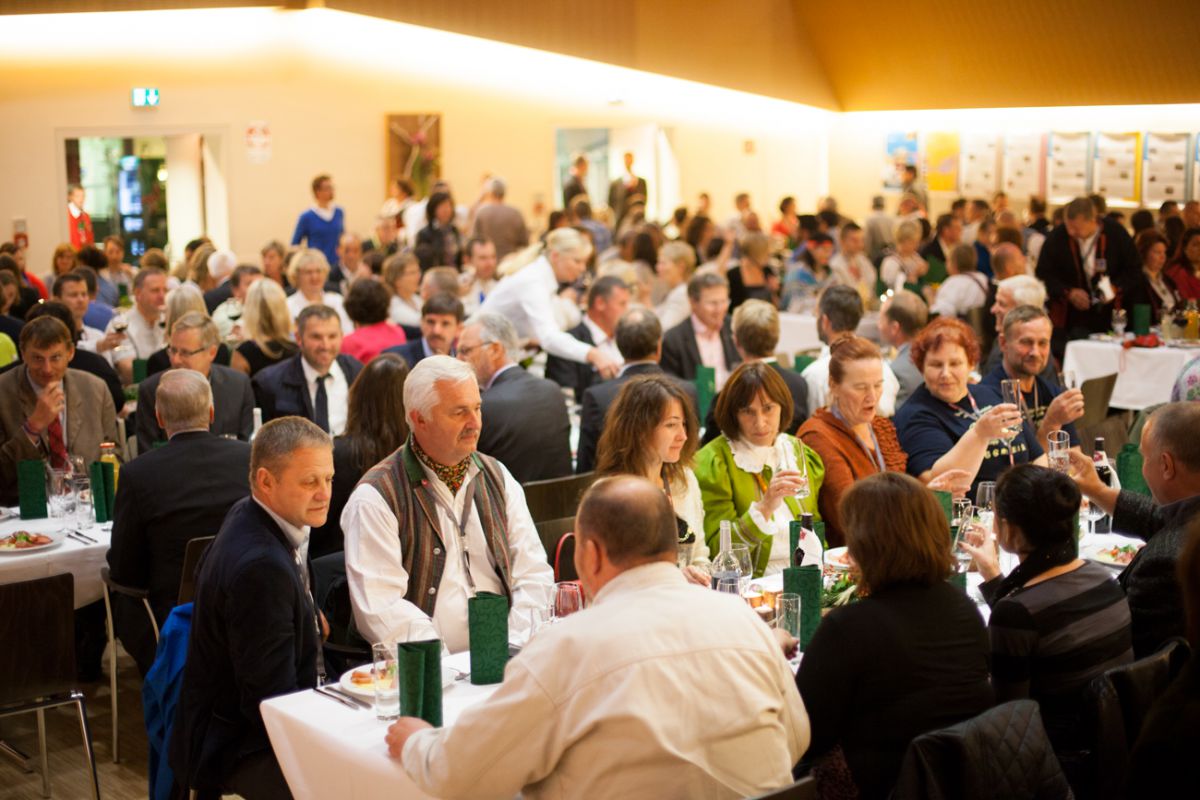
The acronym L.I.N.C stands for an annual congress gathering more than 250 participants from LAGs and network units. Each congress is taken charge of by a different host LAG. The main purpose of these gatherings is knowledge exchange and experience sharing – with changing thematic focus set by the respective host. Until now, the congress has been held in Tyrol/Austria (LAG Hohe Salve 2010), in Saxony/Germany (LAG SächsischeSchweiz 2011), in South-Estonia (LAG Tartu 2012), Savo/Finland (LAG Ylä-Savon Veturi 2013) and most recently in East-Tyrol (LAG Osttirol 2014). Today, many more LAGs are showing vivid interest in organizing a LINC congress. Thus the future LINC events are already scheduled for Italy (2015), Hungary (2016), Luxembourg (2017) and Austria (2018).
A relaxed atmosphere is conducive to productive exchange and learning. Therefore much emphasis lies on cultural presentations and playful competitions.
The LINC format has been developed and put in action by people in and around the LAG Hohe Salve (today LAG KitzbühelerAlpen) with its manager, Barbara Loferer-Lainer at the heart.
LINC is a largely informal network which, in the run-up to each single event, morphs into a highly committed partnership, with variable roles and ever-widening popularity. The spirit of collaboration brings along the long wind and lasting commitment of all people involved, making LINC a fixed entry in the yearly calendar of a growing number of LAGs.
Every LAG organising a LINC congress showcases their projects and achievements and receives substantial feedback from their peers from abroad.
BrixentalerKochArt
Just to pick one example: During the first event in 2010, the LAG Hohe Salve presented one of their flagship projects, called “BrixentalerKochArt (a wordplay meaning both “the way” and “the art of cooking” in the Brixen valley). The project aims at linking local food producers with selected hotels and restaurants which depict the dishes on the menu. Since the LINC event, they received more than 30 delegations from different European countries. Moreover, the LAG manager was invited to present the content, challenges and results of this project in at least four different countries. The appreciation received during the LINC event brought forth a degree of reputation for the “BrixentalerKochArt” which not only benefited to the local food system, the incomes of farmers and tourism entrepreneurs, but also to other innovative actors who got inspired and encouraged to get themselves into a similar endeavor.
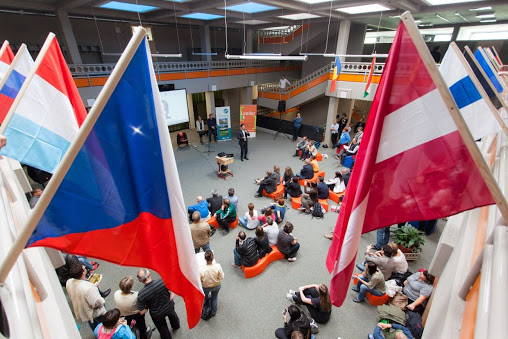
The LINC network is a brilliant example of harnessing the European dimension of LEADER. Local actors from different countries meet, exchange on thematic issues and methodologies, participate in playful competitions, use the relaxed atmosphere to make new friends and to deepen existing relationships, learn from each other, and finally bring home a rucksack full with new ideas for supporting development in their home areas. And all this is fully self-organised, between the LAGs and local people, with the national network units in a supporting role: Bottom-up at its best.
ELARD’s Best Practices in Local Food for Local Devleopment
LINC 2015 Italy Basilicata Region (video)



